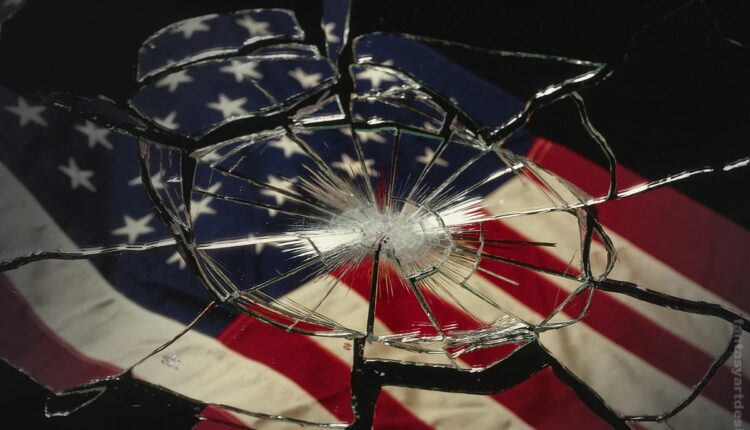
Better than Bulgaria but not as nice as Cuba: How did the U.S. become such an awful place to live?
By Arwa Mahdawi / The Guardian
What do you call a country where nearly one in 10 adults have medical debts and a broken bone can boot you into bankruptcy? A country where a city of more than 160,000 residents recently had no safe drinking water for weeks? A country where life expectancy has dropped for the second year in a row and poor people sell their blood plasma in order to make ends meet? A country where the maternal mortality rate of black women in the capital is nearly twice as high as for women in Syria?
You call it one of the richest countries in the world.
The US is the second-wealthiest country in the world (recently overtaken by China) when you look at national balance sheets. It’s the largest economy in the world when you look at GDP. And it’s home to some of the richest people in the world. By all those measures of progress, the US is doing great. By other measures, however, things are not quite as rosy. The UN recently demoted the US to 41st, down from 32nd, in a global ranking based on its sustainable development goals. Like everything UN-related, this index is jargony and complicated, but essentially it is focused on the quality of life of ordinary peoplerather than the creation of wealth. And, on this measure, the US comes just behind Cuba and just above Bulgaria. The US is “becoming a ‘developing country’,” one MIT economist said last week, based on this index.
If you’re reading this from the other side of the Atlantic, things aren’t much better. An analysis in the Financial Times last week found that “On present trends, the average Slovenian household will be better off than its British counterpart by 2024, and the average Polish family will move ahead before the end of the decade.” Essentially, the analysis concluded, income inequality in the US and UK is so enormous that the two nations should be classed as poor countries with some very rich people. Most of whom seem to be in the government.


